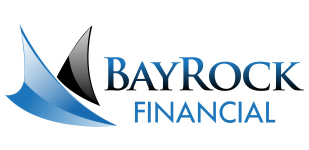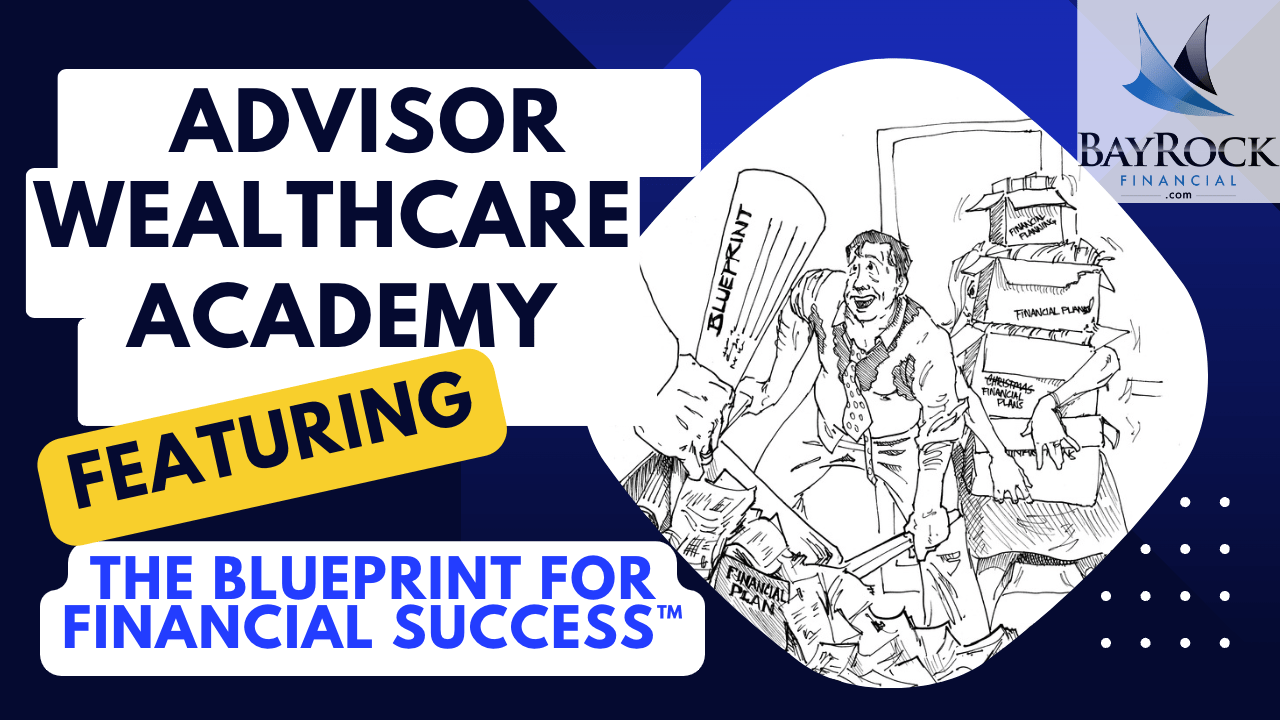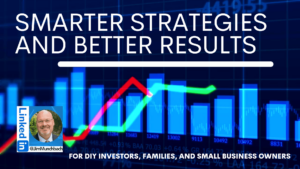Advisor WealthCare Academy
The Blueprint for Financial Success
For building your career
For Serving Clients
For What Matters Most
Are you interested in becoming a financial advisor? Are you looking for the right training program to help you start your career? Look no further! In this guide, we will provide you with everything you need to know about Advisor WealthCare Academy, including what it is, why it’s important, and where to find the best alternative or supplemental programs.
What is Advisor WealthCare Academy?
Advisor WealthCare Academy is a program designed to provide individuals with the skills and knowledge necessary to become successful Financial Advisors. Many programs can be found at colleges and universities, as well as through professional organizations and independent training providers but our Advisor WealthCare Academy is one of a kind.
Why is Advisor WealthCare Academy Different?
Advisor WealthCare Academy is different because it focuses on the soft skills needed to succeed in a competitive and ever-changing industry. By completing our training program, you will not only gain the expertise needed to help clients with their financial goals, you’ll also learn some of the old tricks that can help you grow your business.
Alternatvies to Advisor WealthCare Academy:
College and University Programs
Many colleges and universities offer undergraduate and graduate programs in finance and related fields. These programs typically include courses in accounting, economics, and financial planning, as well as hands-on experience through internships and practicums.
Professional Organizations
Professional organizations, such as the Financial Planning Association (FPA) and the National Association of Personal Financial Advisors (NAPFA), offer training and certification programs for financial advisors. These programs typically require several years of experience and continuing education to maintain certification.
Independent Training Providers
There are also independent training providers that offer Advisor WealthCare Academy programs. These programs can be completed online or in-person and may offer specialized training in certain areas, such as retirement planning or estate planning.
How to Choose a Financial Advisor Training Program
When choosing a Financial Advisor Training Program, there are several factors to consider, including:
Accreditation
Make sure the program is accredited by a reputable organization, such as the Accreditation Council for Business Schools and Programs (ACBSP) or the Association to Advance Collegiate Schools of Business (AACSB).
Curriculum
Look for a program that covers the topics you are interested in learning, such as financial planning, investment management, or retirement planning.
Cost
Consider the cost of the program, including tuition, fees, and any additional expenses, such as textbooks, software, coaching and mentoring.
Reputation
Research the program’s reputation by reading reviews from current and former students, as well as industry professionals.
Advisor WealthCare Academy FAQ
1. Do I need a degree to become a financial advisor?
While a degree is not required to become a financial advisor, it can be helpful in gaining the knowledge and skills needed to succeed in the industry. Many financial advisors have a degree in finance, economics, or a related field. In order to benefit from our Advisor WealthCare Academy, you will need to be licensed to sell securities in your state.
2. How long does it take to complete a Advisor WealthCare Academy program?
The length of our Advisor WealthCare Academy program varies depending on your level of experience, education, and career goals. A bachelor’s degree in finance typically takes four years to complete, while Advisor WealthCare Academy takes 3 months to a year depending on your goals.
3. What certifications are available for financial advisors?
There are several certifications available for financial advisors, including the Certified Financial Planner (CFP), Chartered Financial Analyst (CFA), and the Financial Industry Regulatory Authority (FINRA) licenses.
4. How much does a financial advisor (employee) make?
According to the Bureau of Labor Statistics, the median annual wage for financial advisors was $89,160 in May 2020.
What Skills Do I Need to Become a Wealth Advisor?
To become a successful wealth advisor, you will need a combination of technical and soft skills, including:
-
Strong communication skills: Financial advisors must be able to explain complex financial concepts in a way that is easy for clients to understand.
-
Analytical skills: Financial advisors must be able to analyze financial data, such as market trends and investment performance, to provide clients with accurate and informed advice.
-
Interpersonal skills: Financial advisors must be able to build and maintain strong relationships with clients, as well as collaborate effectively with colleagues and other professionals.
-
Time management skills: Financial advisors must be able to manage their time effectively to meet the needs of multiple clients and meet deadlines.
-
Ethics and integrity: Financial advisors must act with honesty and integrity, always putting their clients’ interests first.
Where Can I learn more about the Advisor WealthCare Academy?
There are several places to discover Advisor WealthCare Academy, including:
-
BayRock Financial is the official sponsor of Advisor WealthCare Academy.
-
The Salty Advisor Podcast features weekly episodes dedicated to the Advisor WealthCare Academy topics and skills.
-
Advisor WealthCare Academy videos can be found on Jim Munchbach’s YouTube Channel.
Join Advisor WealthCare Academy
Becoming a financial advisor can be a rewarding career choice, but it requires the right training and skills. By choosing Advisor WealthCare Academy and developing the necessary skills, you can become a successful financial advisor and help your clients achieve What Matters Most in their financial life.




